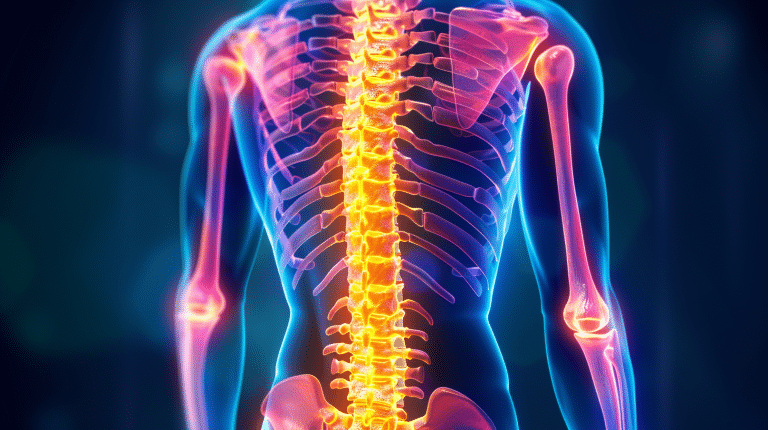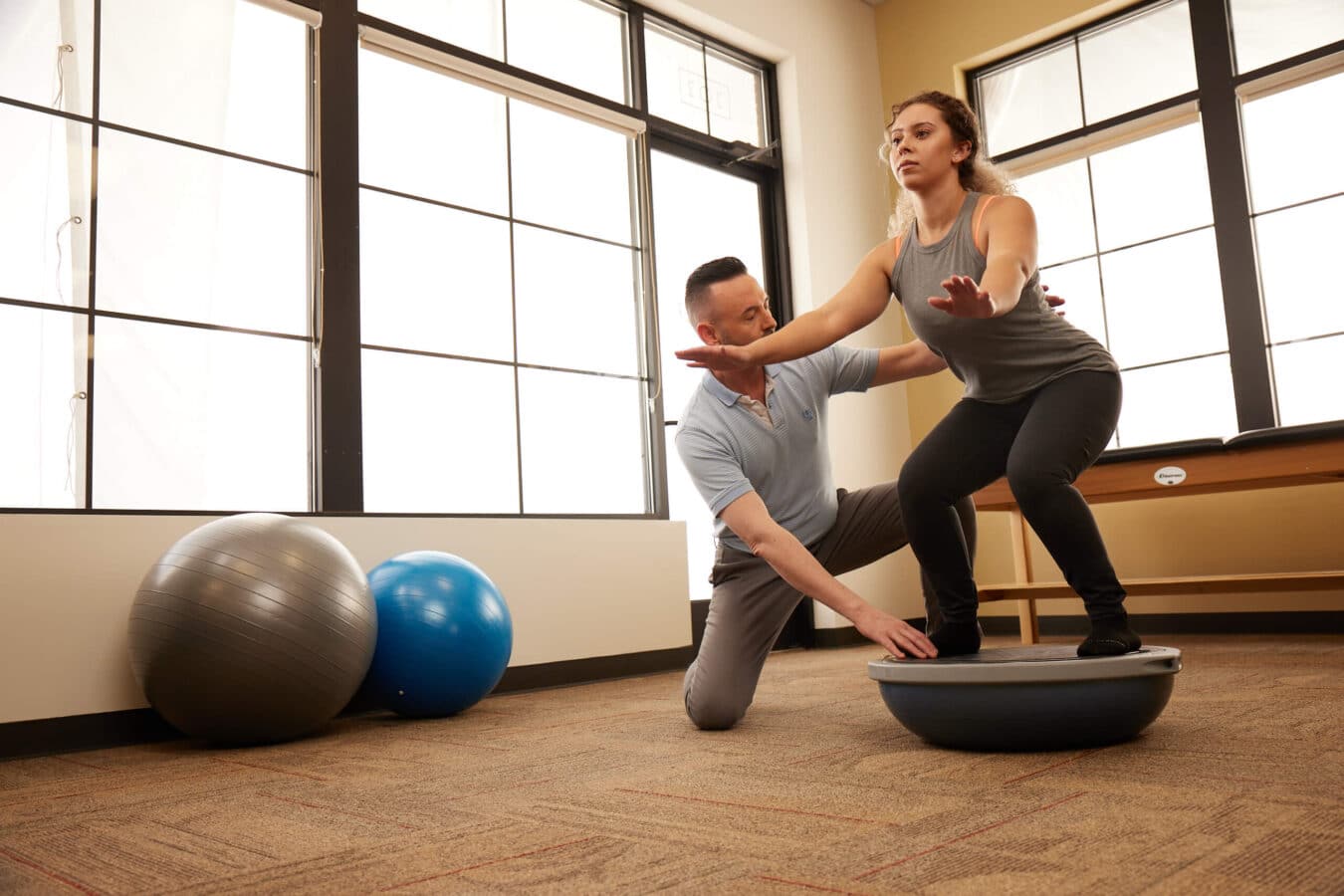It’s common to hear people cracking jokes about their aches and pains as they get older, but the harsh reality is that chronic back pain isn’t (or shouldn’t be) normal.
If you constantly feel stiff and sore in your back, neck, and shoulders, you should be doing something to alleviate those struggles instead of blaming it on your age and accepting it as your fate.
If you, like most people, don’t know what to do about your chronic back pain, here are a few simple steps you can take.
Exercise and Physical Therapy
Regardless of what might be causing your back pain, some type of exercise or therapy is always a good idea. However, if you’re unsure of the root cause or suspect an injury, it’s important to consult a professional, such as someone at Broadmead Physiotherapy, before you start exercising.
If your pain stems from long hours at a desk or a sedentary lifestyle, a good starting point is with some daily stretching, yoga, or mobility exercises. A physiotherapist can create a unique program that addresses your specific pain points and offer you advice on how to minimize them from day to day.
In addition to exercise, incorporating heat therapy, such as using a sauna, can be beneficial for relieving muscle tension and reducing back pain.
For more information on choosing the right sauna for your needs, consult a sauna buying guide to explore options that can enhance your recovery and overall well-being.
Mind-Body Techniques
It’s essential to understand the connection between our minds and bodies and how stress and other emotions can impact us physically, too. It’s possible that your back pain is related to chronic stress or other mental health struggles.
Implementing some mental and emotional changes could be beneficial for your physical pain. Your mind-body connection will benefit from practices like mindfulness and meditation, deep breathing exercises, and even trying cognitive behavioral therapy (commonly known as CBT) to help manage and change pain-related thoughts.
Medication and Medical Treatments
Pain medication is often the very first place we turn when facing back problems, and these solutions aren’t without merit. Pain relievers can be very effective in addressing acute pain, and you have various options ranging from over-the-counter medications to muscle relaxants or injections prescribed by a medical professional.
However, it’s important not to become too reliant on medications for pain relief. If your pain is chronic and returns consistently despite the use of prescription medication, it might be time to visit a professional to seek out the root of the problem. Oftentimes, you’ll need to make changes from the bottom up instead of constantly suppressing the symptoms.
Lifestyle Changes
Back pain can often be related to habits and lifestyle, and you might need to make a change in this area.
If you live an extremely sedentary lifestyle, your lack of movement could be causing stiffness and pain. Incorporating some light movement into your week can help in these cases. Another common problem is sitting in uncomfortable positions at a desk for an entire workday, and you might need to consider making some alterations to your work set-up to make it more ergonomic. The same concept could be applied to your sleep hygiene, and you may need to invest in a new pillow or mattress.











